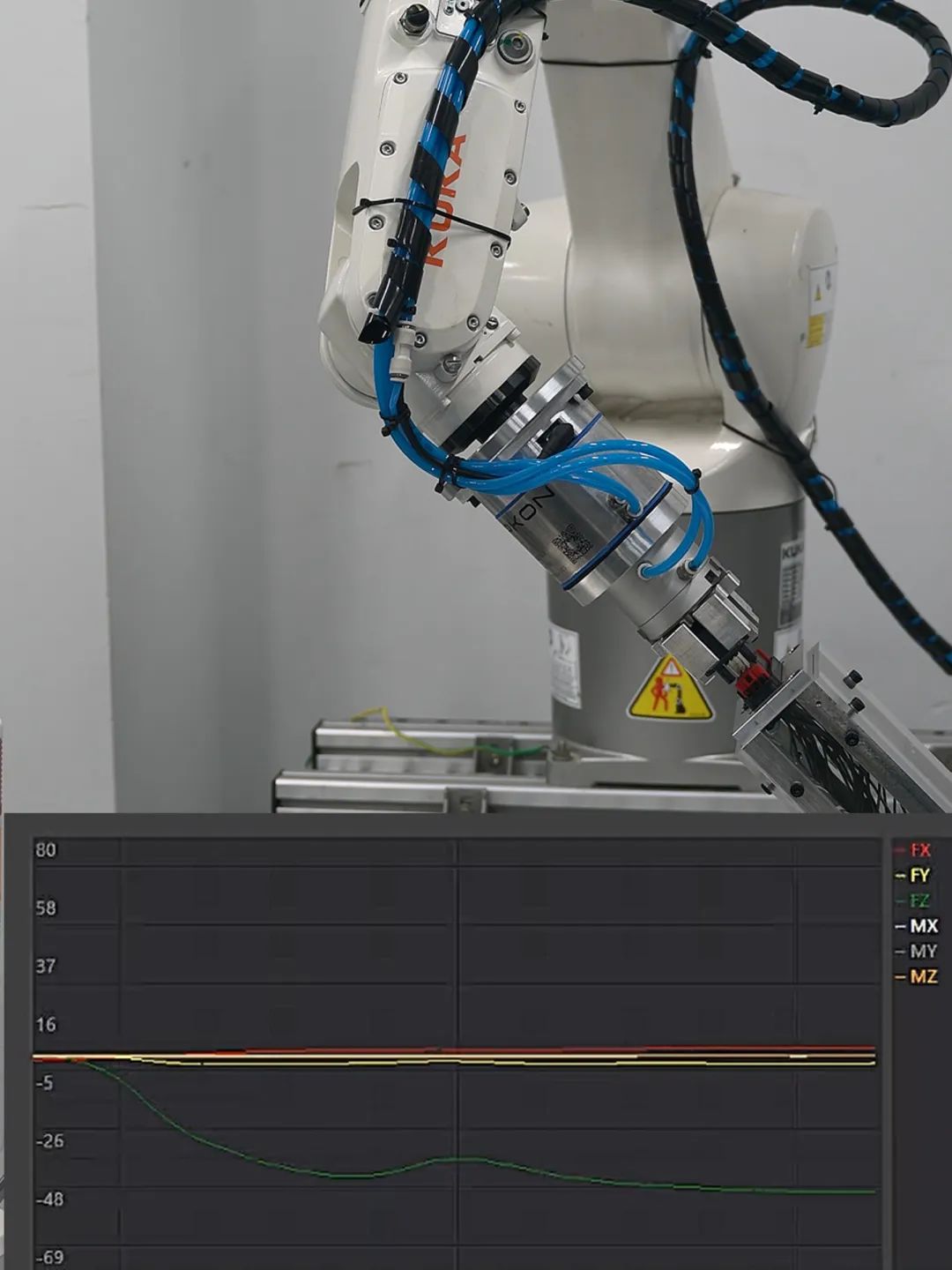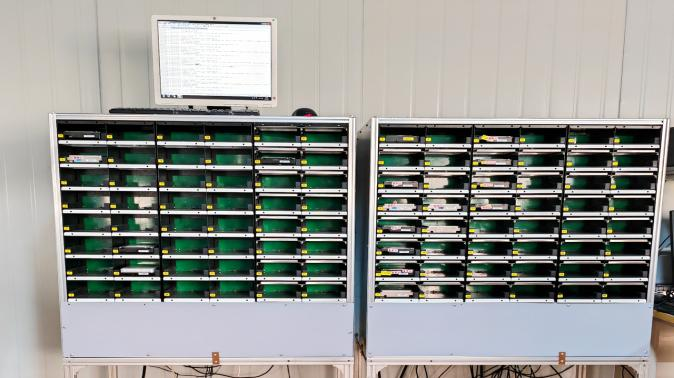The electronics market is a rapidly evolving industry that constantly witnesses groundbreaking innovations and transformative trends. In this blog post, we will delve into the latest developments and emerging trends that are shaping the electronics market. From the advent of 5G technology to the rise of Internet of Things (IoT) devices, we will explore the multifaceted aspects of this dynamic industry.
- 5G Revolutionizing Connectivity:
The introduction of 5G technology has brought about a paradigm shift in the electronics market. With its unparalleled speed and low latency, 5G is set to revolutionize connectivity across various sectors. From autonomous vehicles to smart cities, the implementation of 5G networks will enable faster data transfer, enhanced reliability, and seamless integration of devices. - Internet of Things (IoT) Expanding Horizons:
The IoT has emerged as a game-changer in the electronics market, connecting devices and enabling data exchange like never before. As IoT devices become more affordable and accessible, their applications are expanding across industries such as healthcare, agriculture, and manufacturing. The integration of IoT with artificial intelligence (AI) is unlocking new possibilities, enabling predictive maintenance, and optimizing resource utilization. - Sustainable Electronics:
With increasing environmental concerns, the electronics market is witnessing a shift towards sustainability. Manufacturers are focusing on developing eco-friendly products, reducing energy consumption, and implementing recycling initiatives. The demand for energy-efficient devices, such as solar-powered gadgets and low-power processors, is on the rise. Additionally, the concept of circular economy is gaining traction, encouraging the reuse and recycling of electronic components. - Artificial Intelligence (AI) and Machine Learning (ML):
AI and ML are transforming the electronics market by enabling intelligent automation, predictive analytics, and personalized user experiences. From voice assistants to facial recognition systems, AI-powered devices are becoming an integral part of our daily lives. The integration of AI and ML algorithms into electronics is driving advancements in areas like robotics, autonomous systems, and smart homes. - Augmented Reality (AR) and Virtual Reality (VR):
AR and VR technologies are revolutionizing the way we interact with electronics. From immersive gaming experiences to virtual tours, these technologies are finding applications in various sectors, including education, healthcare, and entertainment. The electronics market is witnessing a surge in demand for AR/VR devices, driving innovation in display technologies, motion tracking, and haptic feedback systems.
Conclusion:
The electronics market is a dynamic landscape, constantly shaped by emerging trends and technological advancements. The advent of 5G, the proliferation of IoT devices, the focus on sustainability, the integration of AI and ML, and the rise of AR/VR technologies are just a few examples of the transformative trends driving the industry forward. As consumers and businesses embrace these innovations, the electronics market is poised for further growth and disruption.

